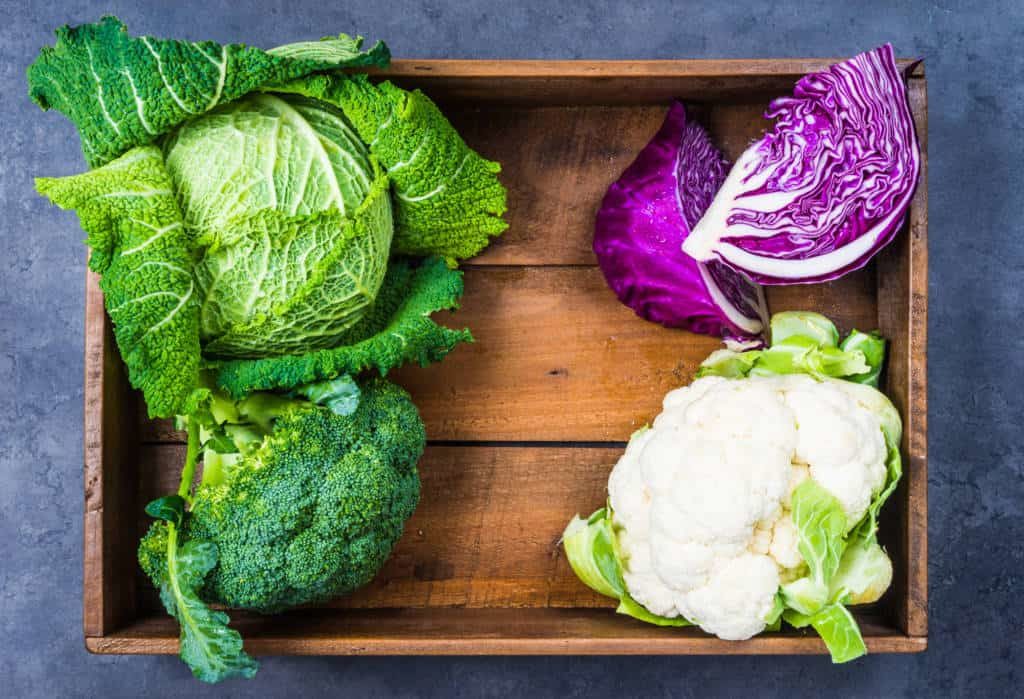The compound is called indole, and it is found in gut bacteria, as well as veggies including cabbage, kale, cauliflower, and Brussels sprouts.
NAFLD, notes a press release regarding the study, occurs when the liver becomes marbled with fat, sometimes due to unhealthy nutrition. It can lead to life-threatening liver disease. Another factor in NAFLD: gut bacteria. The bacteria produce many different compounds, including indole, which has been identified by nutrition scientists as likely having preventive and therapeutic benefits to people with NAFLD. Indole-3-carbinol has been found to have anti-inflammatory and cancer-fighting properties.
The latest study was performed on 137 Chinese participants. The researchers found that those with a higher body mass index tended to have lower levels of indole in their blood. In those with lower levels of indole, there was a higher amount of fat deposition in the liver.
Related: Research Review Outlines Benefits of Curcumin 8 Supplements for Detox and Liver Health Therapeutic Benefits of Keto
In addition, the team used animal models fed a low-fat diet as a control and a high-fat diet to simulate the effects of NAFLD to gain a better understanding of how indole is relevant to NAFLD. The treatment of NAFLD-mimicking animal models with indole, according to the release, “significantly decreased fat accumulation and inflammation in the liver.”The team also studied how indole affected individual cells, and found that indole acts on cells in the intestine, sending out molecular signals that dampen inflammation. Shannon Glaser, MD, a professor at Texas A&M Health Science Center, said in the release: “The link between the gut and the liver adds another layer of complexity to studies on non-alcoholic fatty liver disease, and future studies are very much needed to fully understand the role of indole.”
Chaodong Wu, MD, Ph.D., Texas A&M AgriLife Research Faculty Fellow and lead researcher, said in the release: “Based on this research, we believe healthy foods with high capacity for indole production are essential for preventing NAFLD and are beneficial for improving the health of those with it. This is another example where altering the diet can help prevent or treat disease and improve the well-being of the individual.”
He continued: “Foods with a high capacity for indole production or medicines that mimic its effects may be new therapies for treatment of NAFLD. Preventing NAFLD’s development and progression may depend on nutritional approaches to ensure that gut microbes allow indole and other metabolites to function effectively. Further research is needed to investigate how certain diets may be able to achieve this.”










